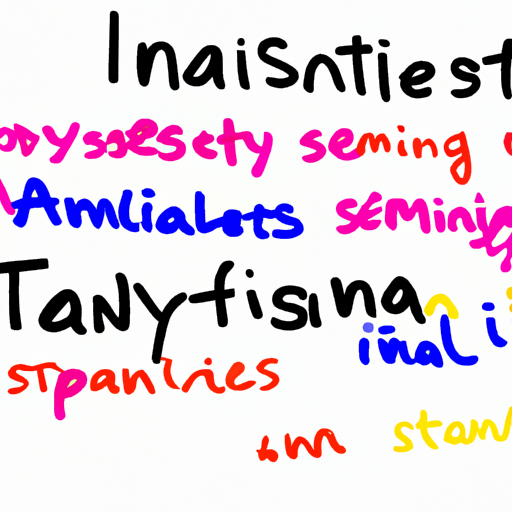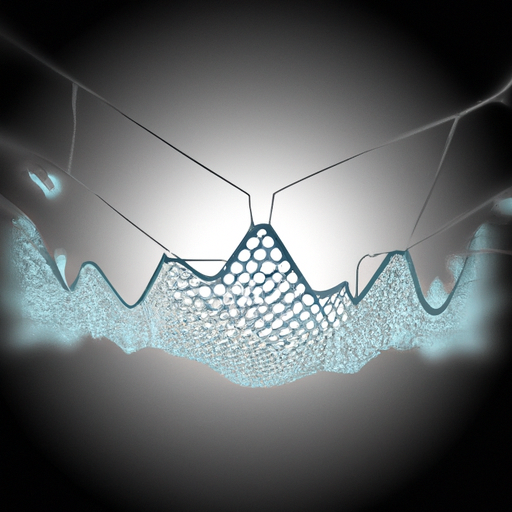Quantum computing is one of the most exciting advancements in technology today, promising to revolutionize industries by solving problems that traditional computers cannot tackle. In this blog post, we’ll delve into the fundamentals of quantum computing, its underlying principles, and the potential implications it holds for the future.
What is Quantum Computing?
Quantum computing harnesses the peculiar properties of quantum mechanics to process information. Unlike classical computers, which use bits as the smallest unit of data (0s and 1s), quantum computers use qubits that can exist in multiple states simultaneously due to the principle of superposition. This allows quantum computers to solve complex problems much more efficiently than their classical counterparts.
The Principles of Quantum Mechanics
- Superposition: A qubit can be in a state of 0, 1, or both at the same time, enabling multiple calculations to occur concurrently.
- Entanglement: Qubits can be entangled, meaning the state of one qubit is dependent on the state of another, regardless of distance.
- Quantum Interference: This principle allows quantum algorithms to enhance the probabilities of correct answers and reduce the probabilities of incorrect ones.
Applications of Quantum Computing
Quantum computing holds the potential to transform various sectors:
- Cryptography: Quantum computers could break traditional encryption methods, leading to new quantum-safe algorithms.
- Drug Discovery: They can model molecular interactions at an unprecedented speed, accelerating the discovery of new medications.
- Optimization Problems: Industries such as logistics and finance can benefit from optimized solutions to complex problems.
- Artificial Intelligence: Quantum computing could enhance machine learning algorithms, leading to smarter AI systems.
The Future of Quantum Computing
While still in its infancy, quantum computing continues to evolve rapidly. Tech giants like Google, IBM, and startups are investing heavily in research and development. With ongoing advancements, we may see a future where quantum computers integrate seamlessly with classical systems, dramatically altering how we perform computations and process data.
Conclusion
Quantum computing represents the dawn of a new computational paradigm that promises to solve problems previously deemed impossible. As research progresses, it will be fascinating to witness how quantum technologies develop and reshape the landscape of computing and technology.
Stay tuned for more updates on this dynamic field!




